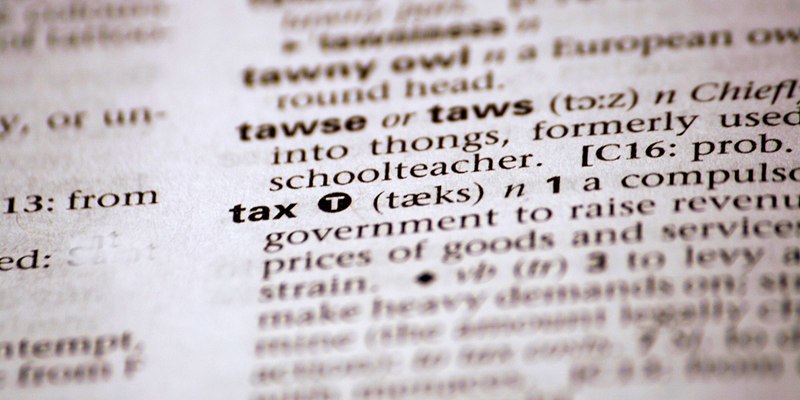A Dundee MSP has criticised the UK Government for ruling out tax relief for the computer games industry.
The SNP’s Joe FitzPatrick, who represents Dundee City West, has urged the Treasury to introduce sector-specific relief, as several other countries have done.
But he has been told that the focus is on reducing corporation tax as the government “seeks to provide a competitive tax environment not just for the video games industry but for companies in all sectors.”
Dundee is a hub for the Scottish games industry, which totals around 50 companies contributing almost £70 million to the economy. Mr FitzPatrick reckons that the government is missing a trick by concentrating on corporation tax.
“It plans to have the main rate reduced to 23% by 2014, which it claims will be the lowest rate in the G7 and will therefore, it claims, keep the UK internationally competitive for business.
“I’m certainly in favour of using varying of corporation tax to stimulate growth in fact we want Scotland to have those very powers, similar to what Northern Ireland is to be granted and if Scotland did have those powers we would certainly use them to provide incentives for business investment.
“But the problem with the answer I have received from the Treasury is it continues to reject the idea of any specific targeted tax relief for the computer games industry alongside the blunt instrument measure of corporation tax. We should be doing both.
“Why can’t the Treasury use all the levers at its disposal, continue lowering the corporation main rate but also introduce specific tax relief now? That would pay off with a greater tax take as the industry expands to fill the opportunities of the expanding market.”
Mr FitzPatrick said the rising number of countries offering tax support to their computer games firms was evidence that growth in the sector worldwide would be taken up by competitors like the USA, Canada and South Korea.
“What we’re calling for is not about giving away tax money to the computer games industry it is an investment decision and as such it makes clear sense. It would be highly targeted and would offer best value for money.
“TIGA, the games industry body, has been able to demonstrate with strong research and data that any specific tax relief given would more than pay for itself in a short time span. The Treasury would get back more than it invested.
“This is not just an obscure financial wrangle. The creative industries and digital publishing sector employs up to 3000 in Dundee. It is vital that we do not lose out on increasing our market share as the market expands, or fail to benefit from creative work done in Dundee when new products are brought to the global market.”
The Treasury said, “It is the government’s view that, in general, providing a low corporate tax rate with fewer reliefs and allowances will provide the best incentive for business investment, promoting economic growth. The government announced in the June 2010 budget that it would not introduce a sector specific tax relief for the video games industry.
“Additionally the 2011 Budget announced a series of reforms to the research and development tax credit scheme and to the schemes designed to incentivise equity investment in smaller, higher growth companies.”
These reforms included increasing the rate of enterprise investment scheme tax relief and increasing the rate of tax relief for small and medium-sized enterprises by 2012.
“These changes will help stimulate investment in, and by, innovative companies in the games sector. Maintaining the competitiveness of the UK’s tax system remains a priority for the government,” the Treasury said.
Photo used under a Creative Commons licence courtesy of Flickr user alancleaver_2000.
